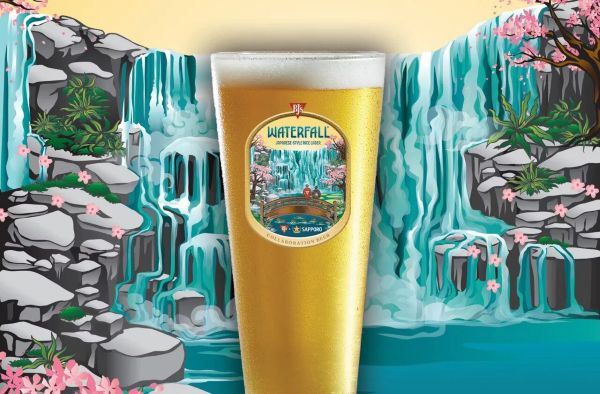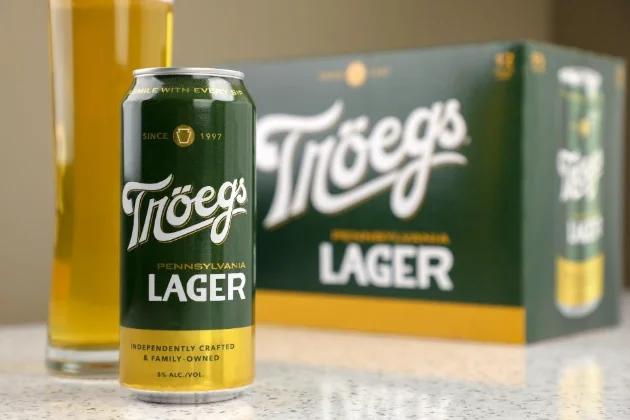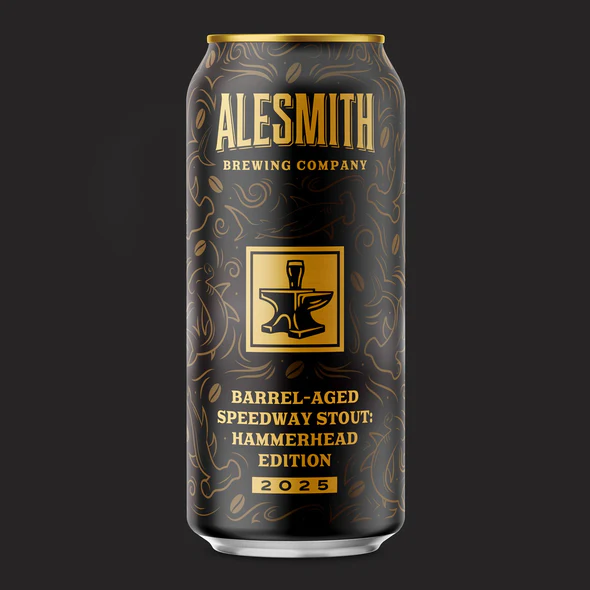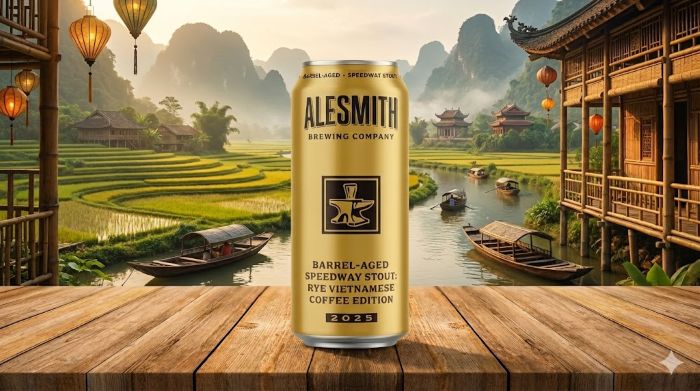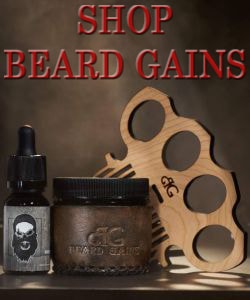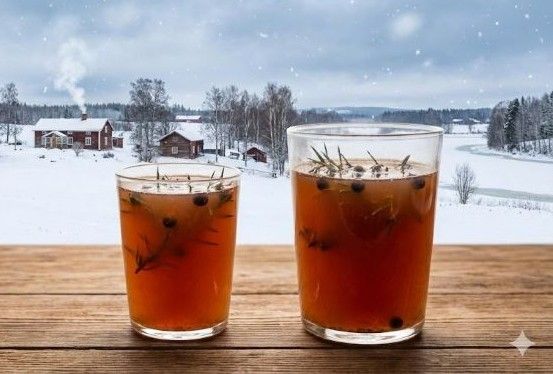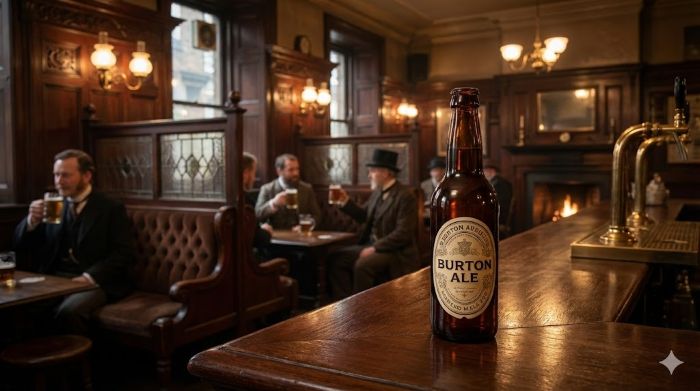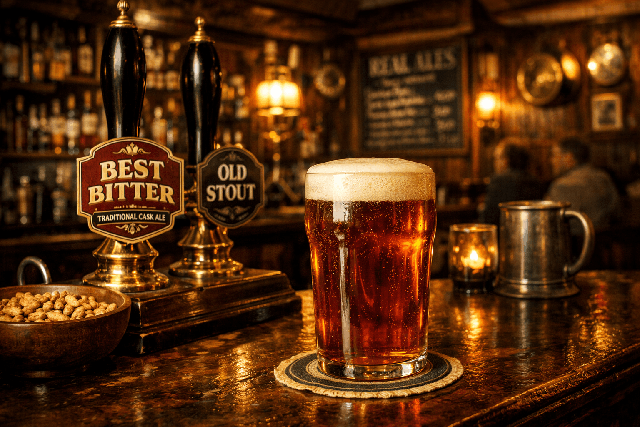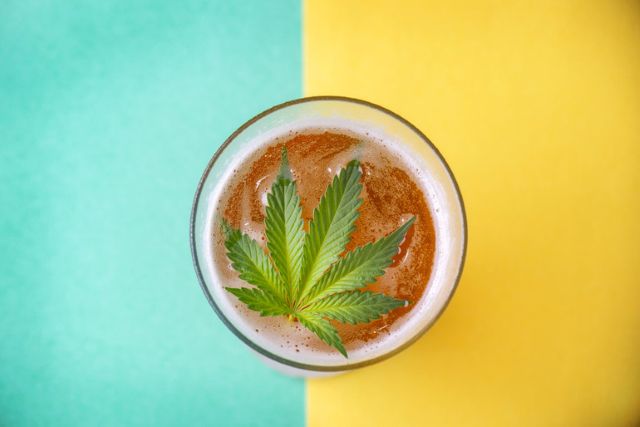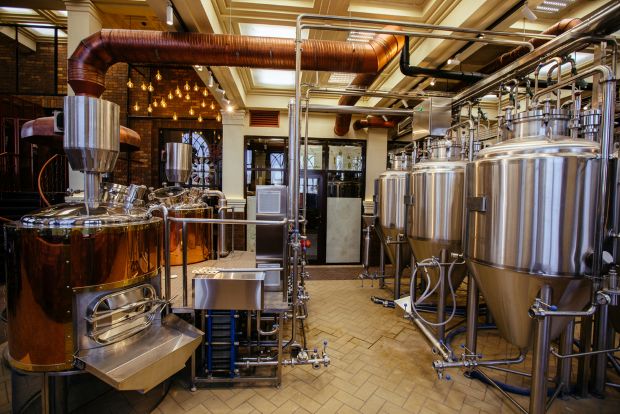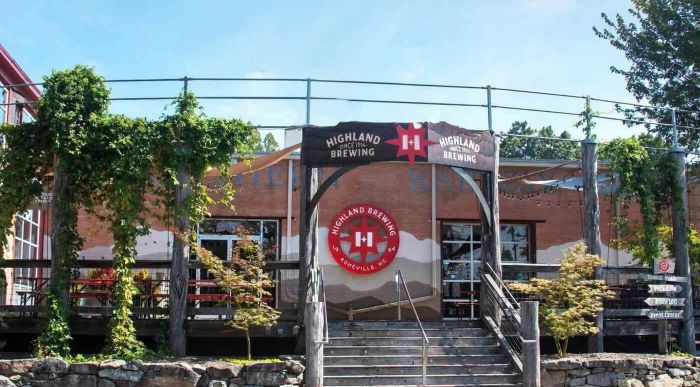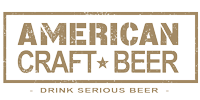Beer News: Solar Panel Hops / Fish Guts In Your Beer!
Beer News: Solar Panel Hops / Fish Guts In Your Beer!
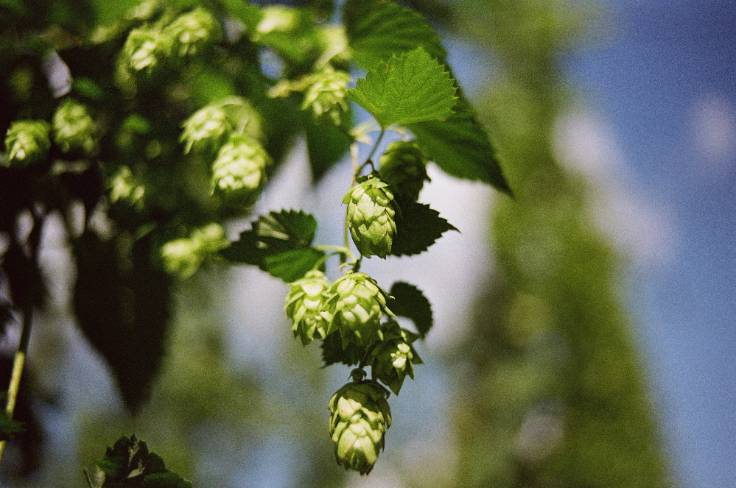
(Courtesy Markus Spiske / Unsplash)
The beer biz never sleeps at American Craft Beer. And here’s just some of what’s been happening while you were drinking your way through another hot August weekend.
Hops Thrive Under Solar Panels in Germany
Josef Wimmer has joined forces with local solar technology company Hallertauer Handelshaus and successfully grown hops on his 32 acre farm an hour north of Munich in southern Germany, utilizing the shade provided by an array of solar panels in his fields.
According to AP News hop farming under the solar panels allowed Wimmer’s crops to flourish in shade sidestepping climate changes during the hot summers. Bernhard Gruber, who is managed the project’s solar component, explained that “water from precipitation lasts longer, leaving more in the soil” and that “the hops stay healthier and are less susceptible to diseases.”
“At the end of the year we will set up another solar park over hops. We’re getting lots of inquiries from hop farmers, even from abroad.”
Words to Drink By
“Just because you love it, that doesn’t mean you’ll make any money doing it.” – Bob Lefsetz, Music industry writer and media analyst
Fish Guts in Your Beer!
Ask most savvy consumers’ beer’s classic ingredients and an informed majority would come back with hops, malt, barley and water, and maybe a bit of yeast thrown in to keep things active. But chances are good that they wouldn’t have mentioned isinglass which according to The Oxford Companion to Beer is a gelatin made from fish bladders.
 Getting even more technical, Craft Beer & Brewing explains the substance this way…
Getting even more technical, Craft Beer & Brewing explains the substance this way…
“Isinglass is a traditional finings, a substance that causes yeast to precipitate out of suspension, leaving beer clear. Isinglass is derived from the swim bladders of certain tropical and subtropical fish. When macerated and dissolved for several weeks in dilute food-grade acids, they form a turbid, colorless, viscous solution largely made up of the protein collagen. This material is known to brewers as isinglass finings.”
Traditionally isinglass was derived from the sturgeon, but nowadays many tropical fish varieties are used for the commercial finings (think clarification) process.
Thankfully with advances in centrifugation and filtration technologies, the use of isinglass in the commercial brewing process has declined over the years. Today its use is largely confined to cask ales in the UK as well as to some craft brewers who also use it to clarify beer without the use of filtration.
Got Something You Think We Need To Know About? Send Your Press Releases to: pr@AmericanCraftBeer.com
###
